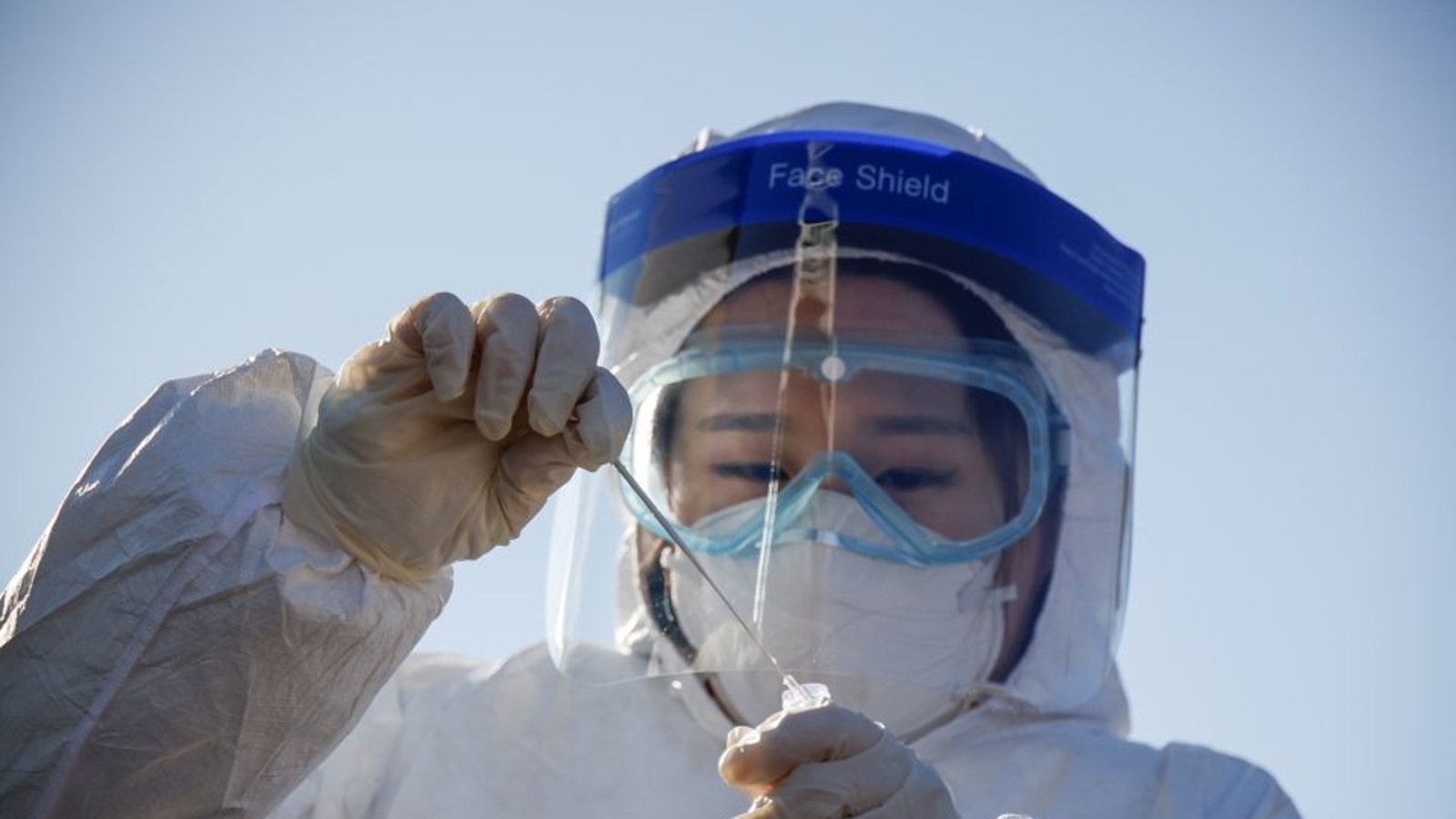
For those hoping for an imminent end to the coronavirus disease (Covid-19), which has the world in a chokehold, there is some bad news. Epidemiologists say that we ought to brace for more of what we’ve already been through – renewed outbreaks, more waves of the infectious disease, cancelled classes in educational institutes, and hospitals overwhelmed with the burden of treatment on the verge of a medical breakdown – all over again. Michael Osterholm, the director of the Center of Infectious Disease Research and Policy at the University of Minnesota in Minneapolis, warned there could “easily” be another surge in the coronavirus disease in fall and winter, as continued surges hit vulnerable populations across the globe.
Also Read | China scrambles to control ‘school-centred’ Covid outbreak in Fujian province
“I see these continued surges occurring throughout the world,” the Bloomberg news agency quoted Osterholm as saying. “Then it will drop, potentially somewhat precipitously. And then I think we very easily could see another surge in the fall and winter [of this year].”
Almost all experts agree at this point that the end to Covid-19 is not in sight anytime soon, at least not for the next six to eight months. Before the pandemic comes to end, every single person in the world will be infected by the virus at least once, with an unlucky few having to deal with it more times than that. The race between the waves of transmission that lead to new variants of the coronavirus and the battle to get the globe inoculated against it won’t be over until the coronavirus has touched all of us.
The key challenge in the race against Covid-19 was once to come up with an effective vaccine against the disease; but as the world learned to deal with the virus, the challenge has now expectedly shifted to a new marker – inoculating the global population, and ensuring the protection stays for a sustainable period of time. Even though immunisation rates rise with each day, billions of people around the world are yet to be vaccinated, and there will always be people who are vulnerable to the virus: Newborn babies, people who can’t or won’t get inoculated, and those who get vaccinated but suffer breakthrough infections as their protection levels ebb.
Another key danger is the possibility that the virus mutates into a vaccine-resistant variant, although it is not the only risk ahead. In light of such a scenario, scientists say that eliminating the coronavirus anytime soon may just be short of a pipe-dream, and we ought to brace for more outbreaks in classrooms, on public transport, and in workplaces over the coming months, which will be rough.
“I can just tell you, this is a coronavirus forest fire that will not stop until it finds all the human wood that it can burn,” said Osterholm, sounding a grim alarm.
Watch | Covid-19 in children: Are active cases rising? Know antibodies count
Kanta Subbarao, director of the WHO Collaborating Center for Reference and Research on Influenza at the Peter Doherty Institute for Infection and Immunity in Melbourne, said, “With the pandemic, we have this enormous force of infection; that has counterbalanced the ability of the virus to proof-read.”
As a result, Covid-19 could be like the flu, requiring regular vaccine top-ups to remain effective as the coronavirus evolves.
A few researchers also say SARS-CoV-2 is poised to become completely resistant to the first generation of vaccines. A study from Japan, which has yet to be published or peer-reviewed, suggests that potentially dangerous mutations in the delta variant are already being picked up in a global database used to track such developments. Reports of current strains breaking through vaccinations or triggering higher fatality rates have not held up to rigorous scrutiny thus far.
Although opinions vary, the current scientific consensus says that the coronavirus pandemic will end, if at all, at different times in different places. A key element determining this timing will, obviously, be vaccination. Although the world is unlikely to completely eradicate the virus, experts agree that the current outbreak will be tamed once most people – perhaps 90-95% of the global population – have a degree of immunity due to vaccination or previous infection.
from WordPress https://ift.tt/3Ap5XMM
via IFTTT

ไม่มีความคิดเห็น:
แสดงความคิดเห็น